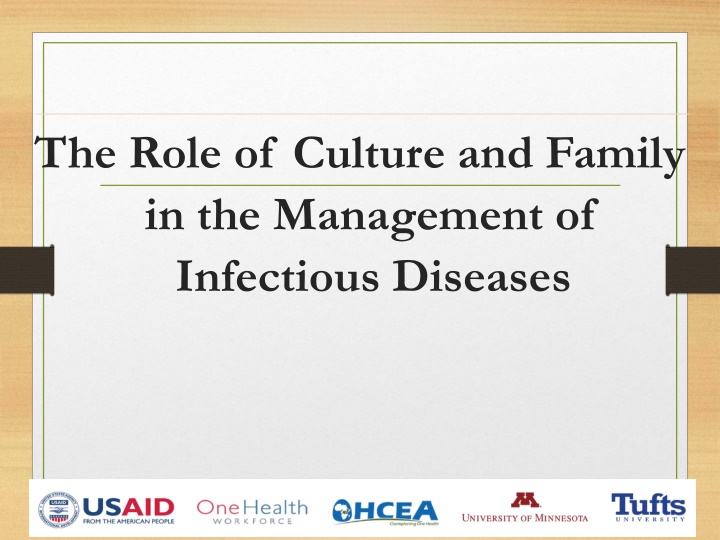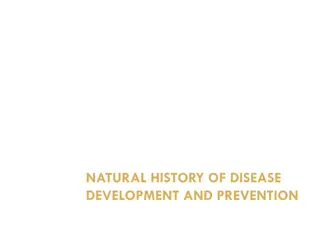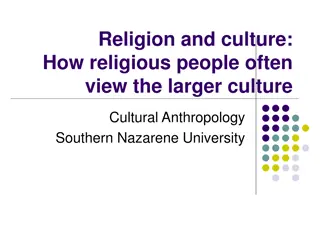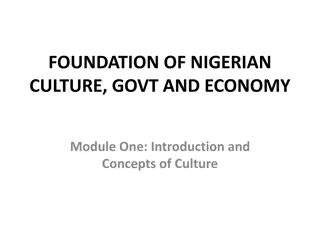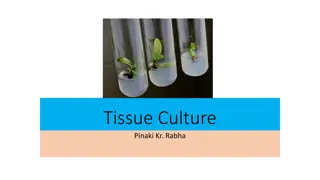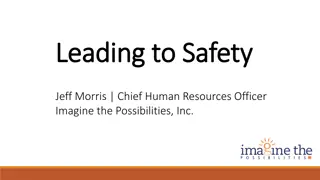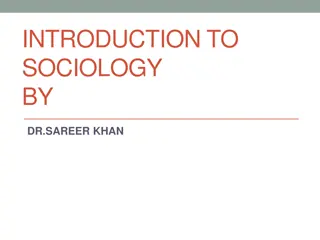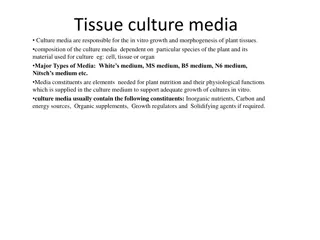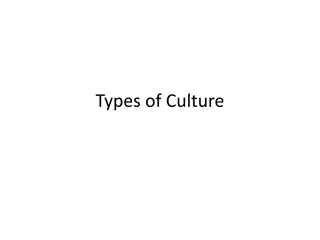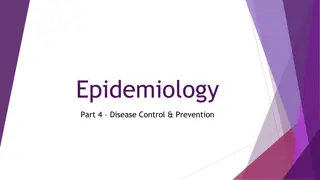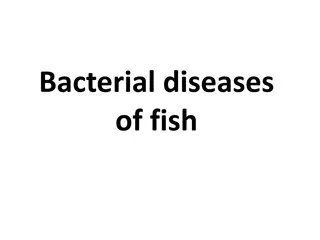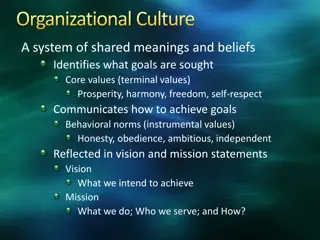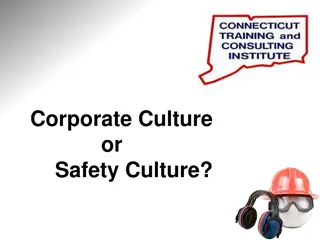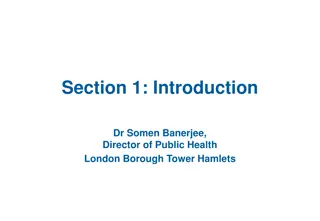Role of Culture and Family in Disease Management
impact of culture and family dynamics on the management of infectious diseases, examining diversity, beliefs, and the role of the family unit in care and support through illness and recovery.
Download Presentation

Please find below an Image/Link to download the presentation.
The content on the website is provided AS IS for your information and personal use only. It may not be sold, licensed, or shared on other websites without obtaining consent from the author.If you encounter any issues during the download, it is possible that the publisher has removed the file from their server.
You are allowed to download the files provided on this website for personal or commercial use, subject to the condition that they are used lawfully. All files are the property of their respective owners.
The content on the website is provided AS IS for your information and personal use only. It may not be sold, licensed, or shared on other websites without obtaining consent from the author.
E N D
Presentation Transcript
The Role of Culture and Family in the Management of Infectious Diseases
Learning objectives Examine and uncover diversity across cultures. Identify local cultures, beliefs and practices related to disease transmission and their effects on infectious disease management. Demonstrate the value of family as a primary unit of culture. Demonstrate the value of family in the management of infectious diseases.
What is Family PowerPoint No. 4
FAMILY A group of persons united by the ties of marriage, blood or adoption; constituting a single household, interacting and inter- communicating with each other in their respective social roles of husband and wife, mother and father, son and daughter, brother and sister creating a common culture
FAMILY Basic unit of society Primary unit of society Biological unit of society Cultural unit of society Epidemiological unit of society
TYPES OF FAMILY Monogamous family Polygamous family Polyandrous family Matrilinear family Patrilinear family Endogamous family Exogamous family Broken family Problem family Patriarchal family Matriarchal family Nuclear family Extended nuclear family Joint family Three generation family Matrilocal family Patrilocal family
FAMILY IN HEALTH AND DISEASE Child rearing Socialization Personality formation Care of dependents
SOCIAL FUNCTIONS OF A FAMILY Regulation of sexual behavior and reproduction Care and training of children Economic Recreation Protective Religious Education
ROLE OF FAMILY IN HEALTH AND ILLNESS Somatic symptoms increases tension among the family members Chronic and complicated illnesses are detrimental to the family functioning Family prestige is infected with and affected by an infectious disease The family will offer remedies and advice To take over the roll of the ill person when he/she is no longer capable of performing It will provide care until recovery and long term support
FAMILY AND INFECTIOUS DISEASES Examples: Ebola TB Anthrax Schistosomiasis Guinea worm Brucellosis
THE SECRET OF HEALTH LIES IN THE HOMES OF THE PEOPLE Florence Nightingale
CULTURAL FACTORS IN HEALTH AND DISEASE Personal hygiene Nutrition Immunisation Seeking early medical care Family planning Child rearing Disposal of excreta & refuse
SOCIAL RESPONSIBILITY FOR HEALTH Individual responsibility Community responsibility The state responsibility International responsibility
